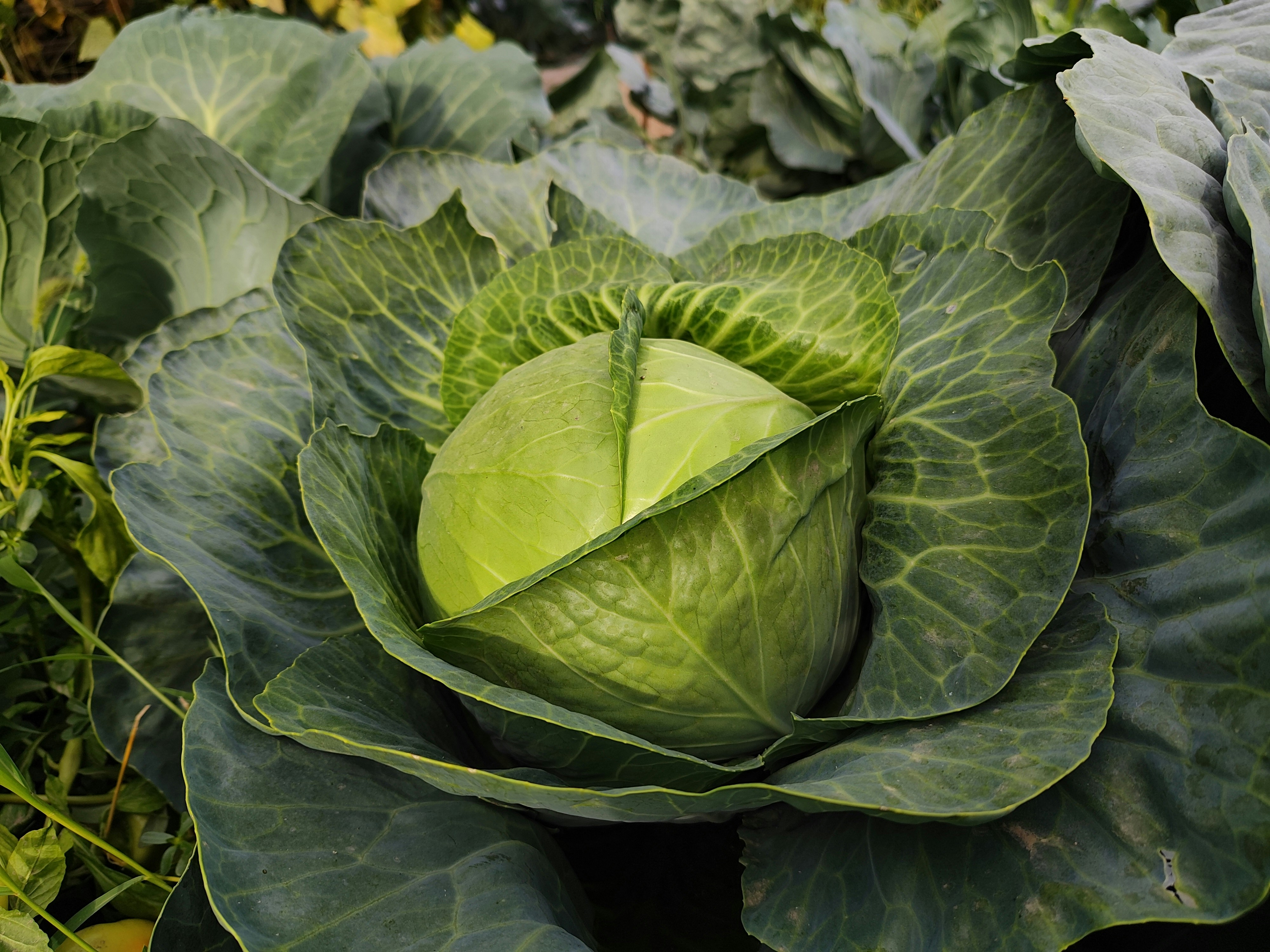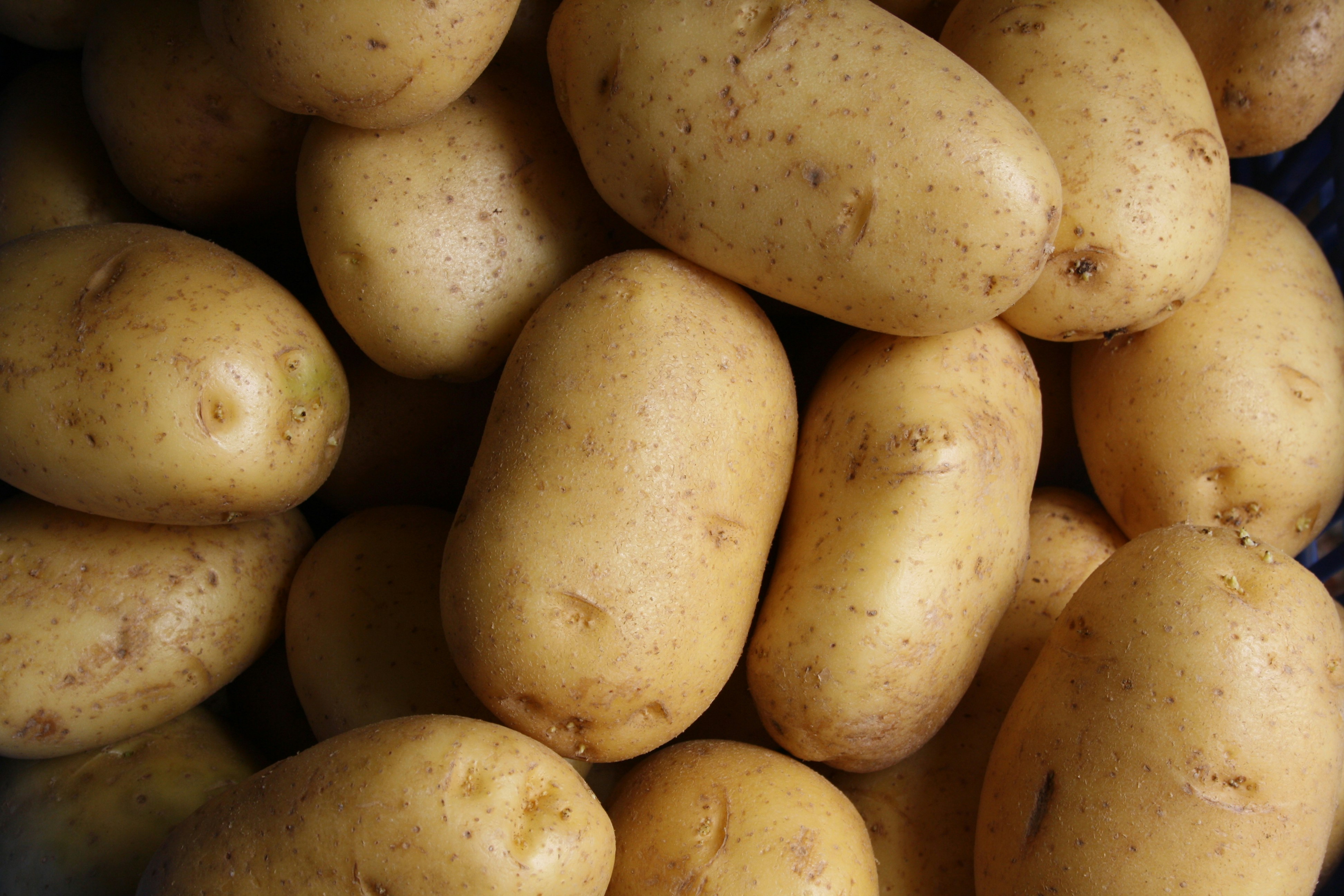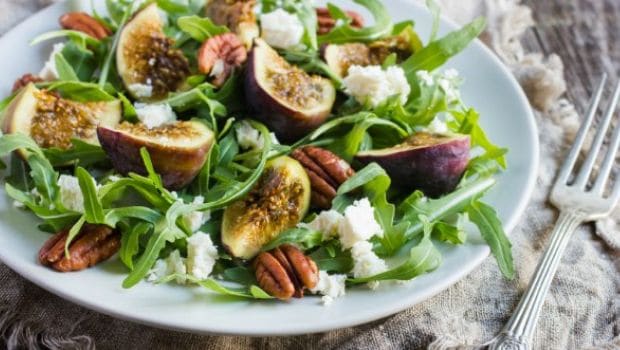There are a lot of medical treatment and options available to childless couples today, from fertility drugs to IUF, IVF and surrogacy. While these are outcomes of modern medicine, food for infertility has been around for centuries. Today modern medicine also acknowledges the positive effect of diet and lifestyle for improving fertility.
Healthy diet and lifestyle promotes health and the reproductive system is also one organ of our body that needs healthy habits to function optimally. The food that we consume affects the health of sperms and eggs, and hormones are built from the food we eat. The most important part of managing PCOD is the food you eat and there are a number of nutrients that need to be present even before conception to avoid serious birth defects.
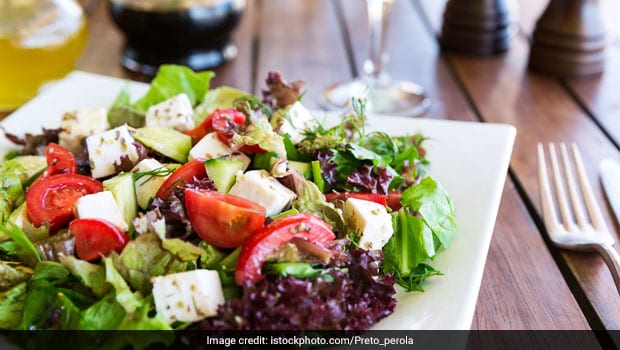
Healthy diet and lifestyle promotes health
A recent study by the Harvard School of Public health has suggested the following foods for boosting ovulation based on research outcome of the Nurses' Health Study:
Cutting out the trans fats from diets: are an established beneficial habit for health. These have found to increase insulin resistance, making it harder to move the glucose into the cells. More glucose leads to increased insulin which causes a number of metabolic disturbances affecting ovulation.
Choose the right oils: Oils rich in Omega -3 and monounsaturated fats should be used at home.
Consuming fibre rich whole grains and other sources of complex carbs like legumes and pulses were found to be beneficial. Refined cereals like maida, polished rice and products made from these, bakery products, sugar laden juices all spike the blood sugars which in turn acts as a trigger for insulin release. High insulin levels have been found to be detrimental for ovulation.

Sugar laden bakery products spike the blood sugars; Image credit: Istock
Plant Proteins: By consuming even 5% of total calories from plant protein sources as compared to animal sources, the risk of ovulatory infertility decreased by up to 50%. Including beans, nuts, seeds and lentils, means adding healthy fats and consuming lower calories to.
Whole milk: The research found that women who drank low fat dairy were more prone to infertility than those who chose high fat dairy. The best way to consume this would be as milk, dahi or desserts within your day's calories, to get the benefits without adding pounds.
Plenty of iron from green leafy vegetables, dried fruits, nuts and legumes. Lean meat, as a source of iron should be limited. Taking Vitamin C rich foods helps with the iron absorption so add citrus fruits, amla, and guava.
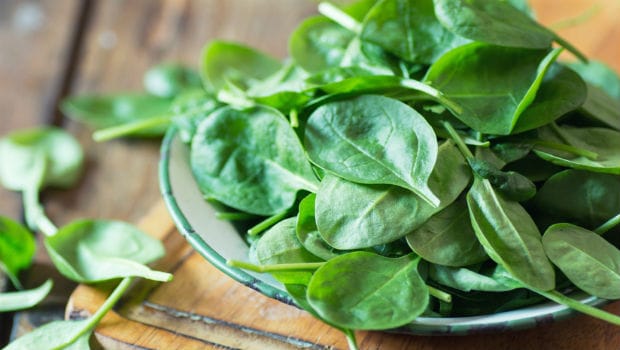
Lean meat, as a source of iron should be limited; Photo Credit: Istock
Multivitamin supplementation with folic acid and other B Vitamins helps with infertility and also preps up the body with these important nutrients that have a critical effect in preventing congenital defects. Food sources of folic acid include green leafy vegetables, nuts, and legumes. 500mg of Folic acid supplementation is recommended by NIN to.
For hydration, drink a lot of water, tea and coffee in moderation and avoid the sugary sodas totally.
Ayurveda recommendations are also quite similar. Other than whole grains, fresh vegetables legumes and nuts, honey, saffron, spices such as ajwain powder, turmeric, cumin and black cumin boost fertility. Ayurveda also uses herbs to tackle the underlying causes of infertility. Herbs such as Ashwagandha, Shatavari, and Amlaki are commonly used to create a hormonal balance in the body.
Other than this, two important factors which will help with infertility are:
Healthy Weight: Obesity in both men and women is one of the leading causes for infertility. Overweight women are prone to menstrual dysfunction and ovulation, whereas obese men may have poor sperm quality and also negative effects on the embryos health. Achieving and maintaining a healthy weight is the outcome of a healthy balanced diet with adequate regular exercise. Fad diets, cutting out complete food groups or crash dieting are all detrimental to the body, especially if you are planning a pregnancy.
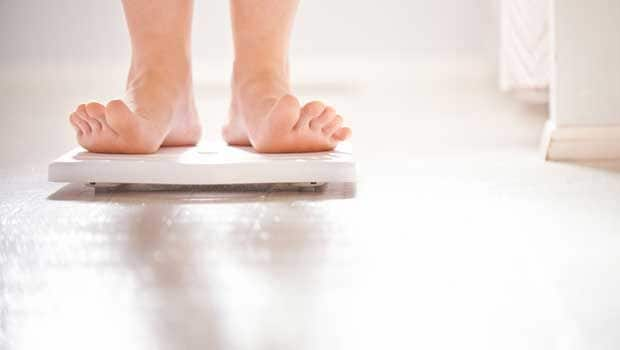
Image credit: Istock
Exercise: Being physically active is essential to maintain a good health. It is important for attaining and maintaining a healthy weight. Over doing the physical activity is however contraindicated for conception, especially if you are lean. So learn from an expert and stay on track.
Good diet and lifestyle has been proven to assist alleviate infertility in both men and women. It is a gentler path to conception. However one size doesn't fit all, so speak with your healthcare provider and let them guide you to the best way to PARENTHOOD.
Disclaimer:
The opinions expressed within this article are the personal opinions of the author. NDTV is not responsible for the accuracy, completeness, suitability, or validity of any information on this article. All information is provided on an as-is basis. The information, facts or opinions appearing in the article do not reflect the views of NDTV and NDTV does not assume any responsibility or liability for the same.

